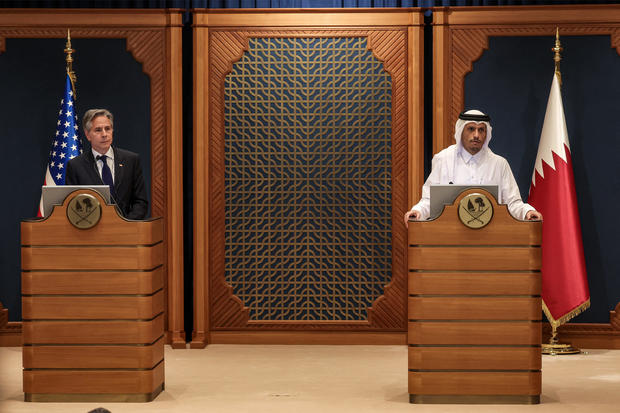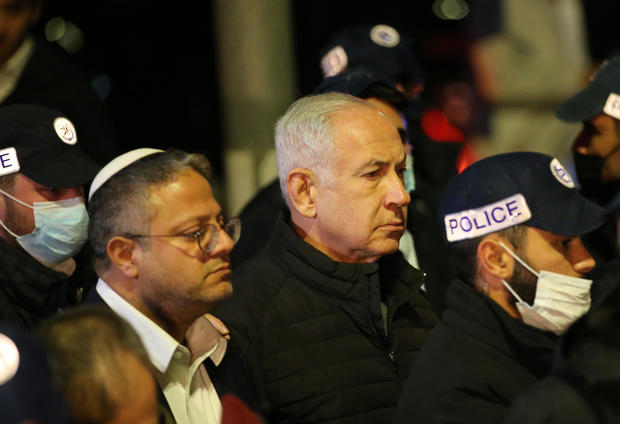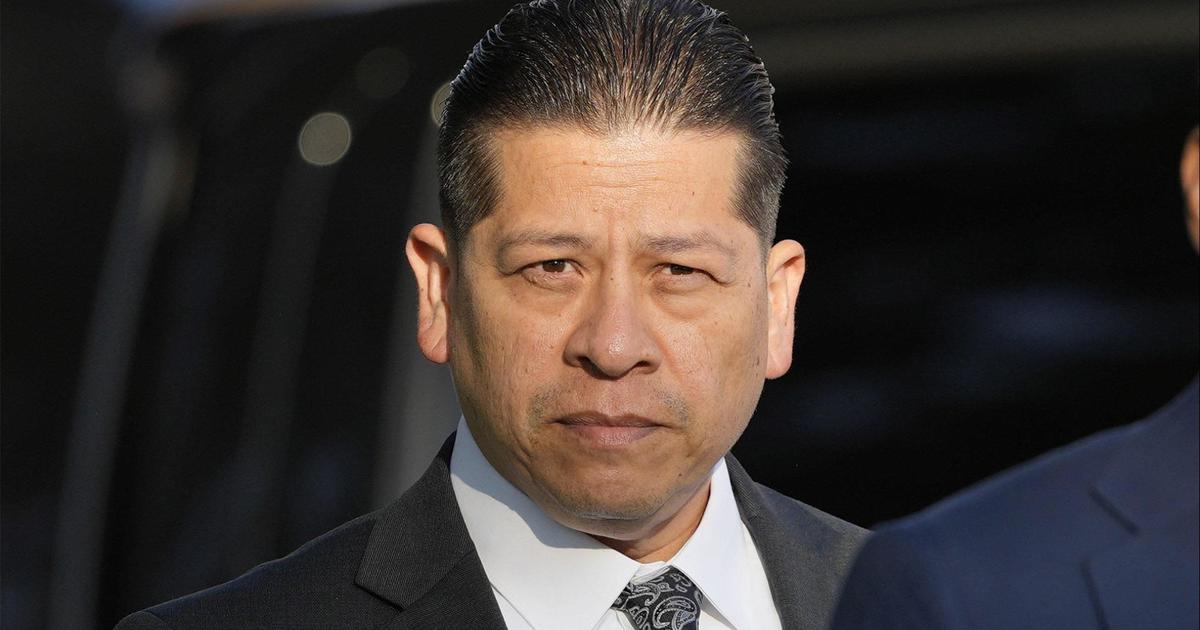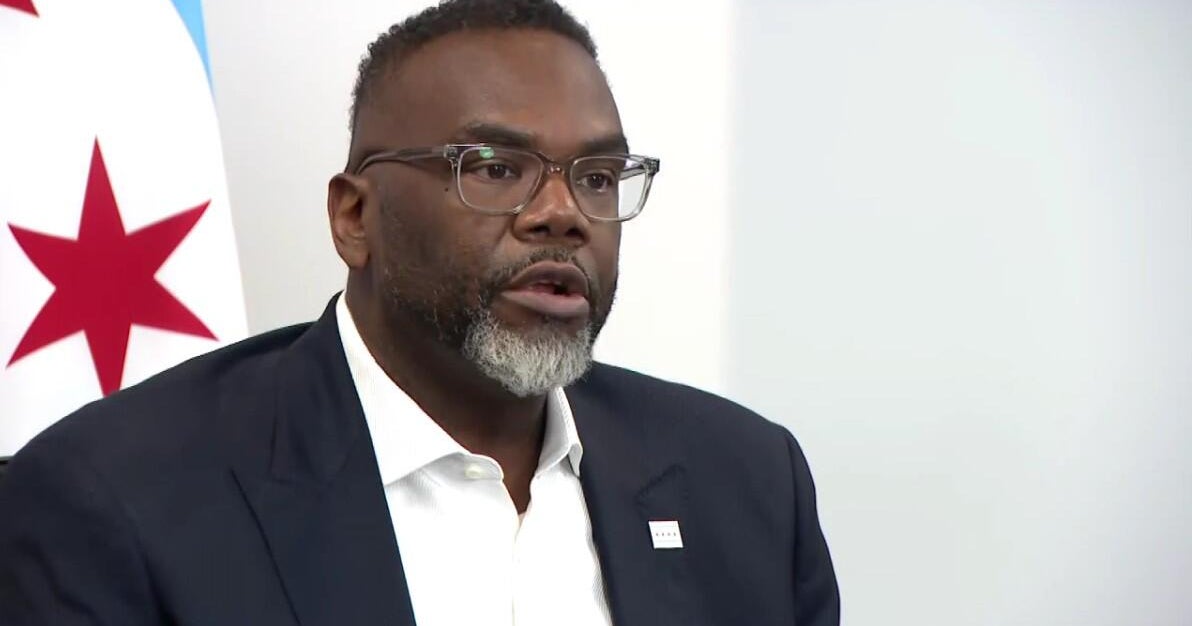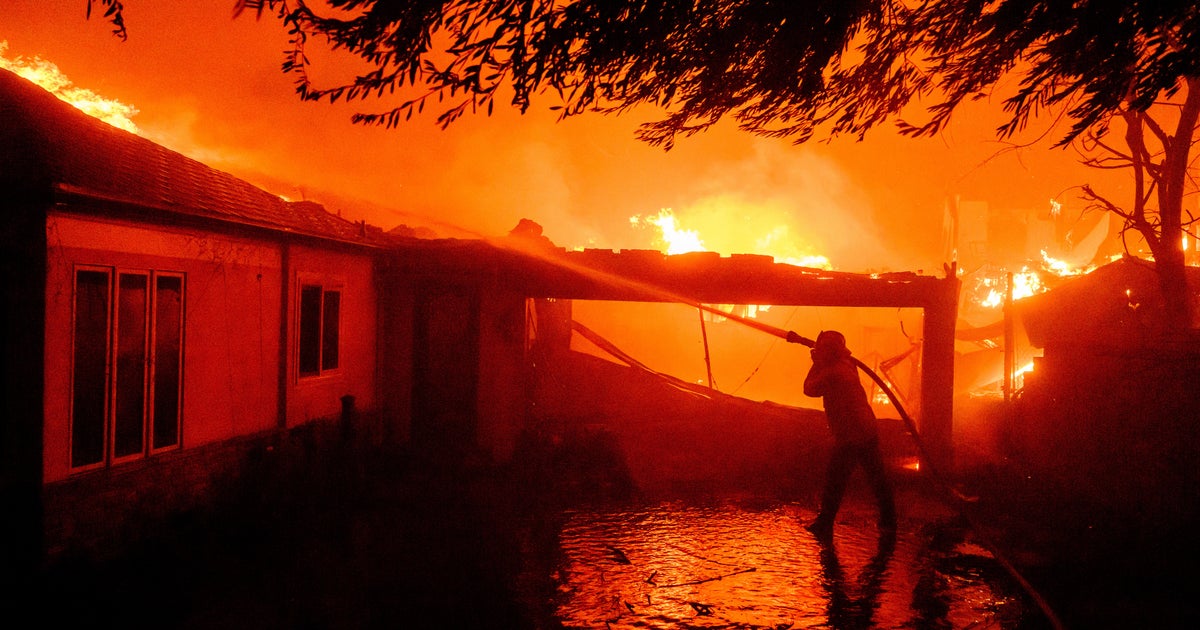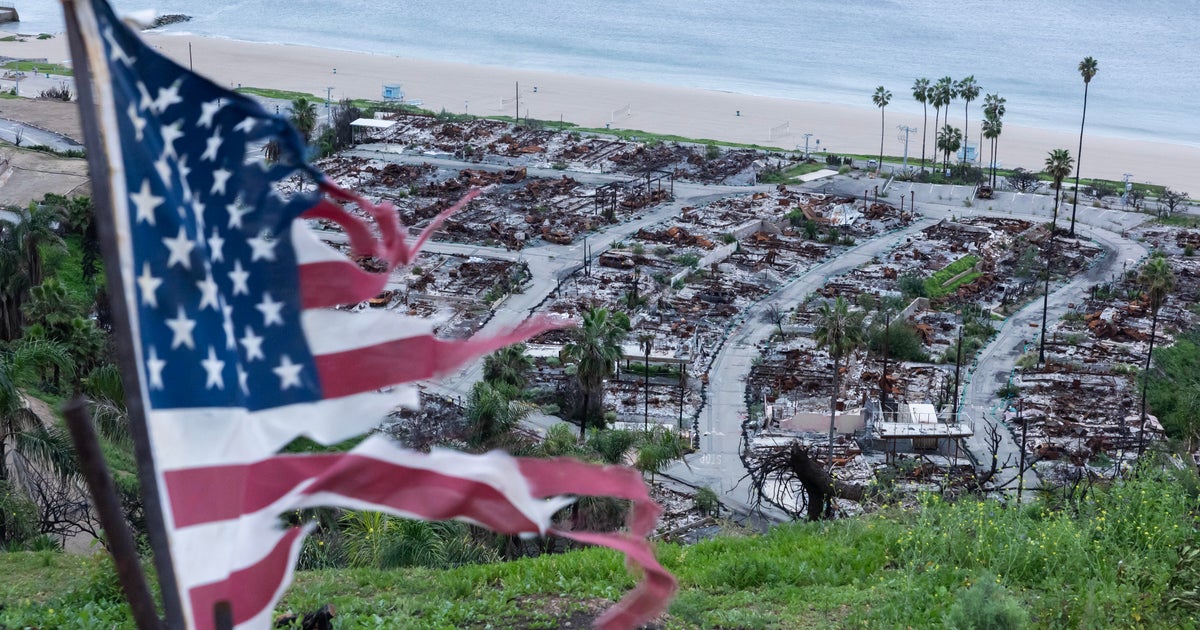Where things stand on an Israel-Hamas cease-fire deal as Blinken calls some Hamas demands unworkable
U.S. Secretary of State Antony Blinken said Wednesday that some changes Hamas wants to the current Gaza cease-fire proposal are unworkable, accusing the group of dragging its heels and prolonging the suffering of the Palestinian people. His remarks came a day after Hamas submitted its formal response to the U.S.-backed proposal, stressing "the necessity to completely stop the ongoing aggression on Gaza, and the withdrawal [of Israeli forces] from the Gaza Strip."
"Hamas has proposed numerous changes. We discussed the changes," Blinken said in Doha, Qatar, where he has been involved in talks aimed at reaching an agreement, adding: "Some are workable, some are not,"
"Hamas could have answered with a single word," he said. "Instead they waited two weeks and proposed changes. As a result, the war Hamas started will go on, more people will suffer. But in the days ahead we will continue to push to try to close this deal."
"At some point in a negotiation — and this has gone back and forth for a long time — you get to a point where if one side continues to change its demands, including making demands and insisting on changes for things that they had already accepted, you have to question whether they're proceeding in good faith or not," Blinken said, adding that the U.S. and its partners remained "determined to try to bridge the gaps — and I believe those gaps are bridgeable."
He warned, however, that "the longer this goes on, the more people will suffer, and it's time for the haggling to stop."
Blinken told journalists in Tel Aviv earlier this week that Israeli Prime Minister Benjamin Netanyahu had "reaffirmed his support" for the cease-fire proposal currently on the table, a day after the U.N. Security Council voted to approve a resolution supporting the draft agreement.
Negotiators from the U.S, Qatar and Egypt have worked for months to forge an agreement between Israel and Hamas to bring an end to the war that has killed tens of thousands of people, mainly Palestinians in Gaza. So far, a deal has been elusive.
The ongoing talks come on the heels of a raid by Israeli forces that saw four hostages rescued from central Gaza. The Hamas-run Gaza Ministry of Health says more than 200 Palestinians were killed in the operation, a figure that Israel's military disputes.
Here's how news about the cease-fire negotiations has developed:
Biden announces Israeli proposal to end the Gaza war
Late last month, President Biden announced what he called an Israeli proposal to end the war.
He said the plan consisted of three phases, the first of which would include a cessation of hostilities. He said Israeli forces would pull out of population centers in Gaza, some Israeli hostages and hundreds of Palestinian prisoners would be exchanged, Palestinian civilians would return to some parts of Gaza, including the north, and 600 trucks of humanitarian aid would be provided per day.
In the second phase, Israel and Hamas would negotiate a permanent end to the war, and "the cease-fire will still continue as long as negotiations continue," Mr. Biden said. Israel would withdraw from Gaza and the remaining hostages would be released.
The third phase would see the bodies of hostages who had been killed be returned to Israel, and the reconstruction of Gaza.
Mr. Biden said the plan had been relayed to Hamas by Qatar.
"I know there are those in Israel who will not agree with this plan and will call for the war to continue indefinitely. Some are even in the government coalition. They've made it clear: They want to occupy Gaza. They want to keep fighting for years and hostages are not a priority for them. Well, I've urged leadership in Israel to stand behind this deal, despite whatever pressure comes," Mr. Biden said.
"As someone who's had a lifelong commitment to Israel, as the only American president who has ever gone to Israel at a time of war, as someone who just sent the U.S. forces to directly defend Israel when it was attacked by Iran, I ask you to take a step back, think what will happen if this moment is lost," Mr. Biden said. "We can't lose this moment."
Israeli leaders appear to show wavering support for Biden's statements
After Mr. Biden's announcement, the office of Israeli Prime Minister Benjamin Netanyahu said it backed the plan, according to the Reuters news agency. Israeli media soon reported, however, that Netanyahu had said there were gaps between what Mr. Biden laid out and Israel's stance.
"The proposal that Biden presented is incomplete," Netanyahu told Israeli lawmakers during a closed-door meeting of the Israeli parliament's Foreign Affairs and Defense Committee, according to the Times of Israel newspaper.
Netanyahu told his country's lawmakers that Israel would not end the war in Gaza until it achieved its three primary objectives: Destroying Hamas' military and civil governance capabilities, securing the release of all the hostages, and ensuring that there is no ongoing threat to Israel from Gaza, the Times of Israel reported.
Far-right, ultra-nationalist members of Netanyahu's cabinet, Itamar Ben-Gvir and Bezalel Smotrich, accused Netanyahu of trying to "whitewash" a deal with Hamas and threatened to pull out of the coalition government with him, which would effectively end Netanyahu's long tenure as Israel's leader.
"The dangerous proposal that President Biden spoke of was made by the war cabinet without authority and against the law, and it is not binding for the government of Israel," Smotrich said.
Hamas says written Israeli proposal submitted to them different from "what Biden stated"
Last Thursday, Hamas released a statement saying that, given Mr. Biden's statement and statements from Israeli officials, "the enemy's position is unclear."
Hamas said the written proposal it received "was devoid of the positive foundations mentioned in Biden's statements, and that there is a difference between what is in the paper and what Biden stated, which caused much confusion and controversy, whether what Biden talked about is his personal interpretation of the paper or oral agreements with Israeli parties or otherwise."
Hamas said the written proposal it received did not guarantee one of its key conditions — a permanent cease-fire — or link the three stages of the plan.
"On the contrary, it destroyed the bridges that transfer the agreement from one stage to another in order to disrupt the unity of the agreement with all its stages and reduce it to one stage in which the aggression stops temporarily and its [Israel's] forces remain on the land of the Gaza Strip, and the occupation gets in return the segment of the prisoners it cares about and then resumes the war of annihilation against our people," the statement said.
Hamas said it was committed "to its positive stance towards Biden's statements," and "that Biden must ensure that the occupation government agrees to them and that they are reflected in the text of the agreement."
U.N. Security Council adopts cease-fire resolution
On Sunday, the U.S. said it had requested a vote by the United Nations Security Council on a draft resolution in support of the cease-fire proposal currently on the table.
"As we have repeatedly emphasized, implementation of this deal would enable an immediate cease-fire, the release of hostages, the withdrawal of Israeli forces from populated areas in its first phase, an immediate surge in humanitarian assistance and restoration of basic services, the return of Palestinian civilians to northern Gaza, together with a roadmap for ending the crisis altogether and a multi-year internationally backed reconstruction plan," Nate Evans, a spokesperson for the U.S. delegation to the U.N., said in a statement.
On Monday, the Security Council overwhelming adopted the U.S.-sponsored resolution endorsing the cease-fire plan. 14 out of the 15 Security Council members voted in favor, with only Russia abstaining.
Blinken visits the Middle East
U.S. Secretary of State Antony Blinken travelled to Egypt and Israel on Monday to encourage support for the cease-fire proposal. In Israel, he met with families of the Americans being held hostage by Hamas, Israeli Prime Minister Benjamin Netanyahu, Israeli Minister of Defense Yoav Gallant and other Israeli officials.
Blinken told journalists that Netanyahu had "reaffirmed his commitment to the proposal" and Gallant and other had shown "a strong consensus, again, behind moving forward with the proposal, but it really is down to one person at this point. We'll see what comes from them, and from him" — referring to Hamas leader Yahya Sinwar.
"We await the answer from Hamas, and that will speak volumes about what they want, what they're looking for, who they're looking after. Are they looking after one guy who may be pronounced safe, buried — I don't know — ten stories underground somewhere in Gaza, while the people that he purports to represent continue to suffer in a crossfire of his own making? Or will he do what's necessary to actually move this to a better place, to help end the suffering of people, to help bring real security to Israelis and Palestinians alike? We'll see," Blinken said.
On Tuesday, Hamas submitted its response to mediators, emphasizing its desire for a permanent end to the fighting and a complete withdrawal of Israeli forces from Gaza. In its joint statement with an allied miliitant group, Islamic Jihad, Hamas said it was prioritizing, "the necessity to completely stop the ongoing aggression on Gaza, and the withdrawal [of Israeli forces] from the Gaza Strip."
The statement said the group "voiced willingness to deal positively in order to reach an agreement that ends this war against our people, out of the sense of national responsibility."
A source with knowledge of the negotiations told CBS News that talks would continue with Qatari and Egyptian mediators, in coordination with the United States.
